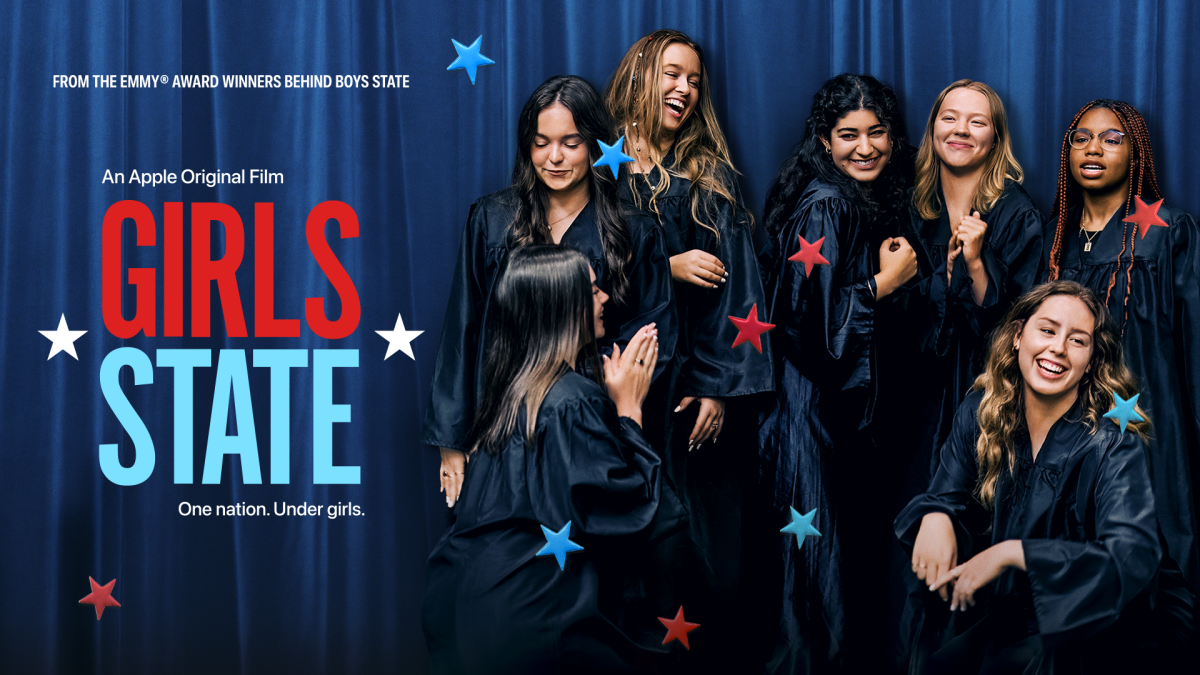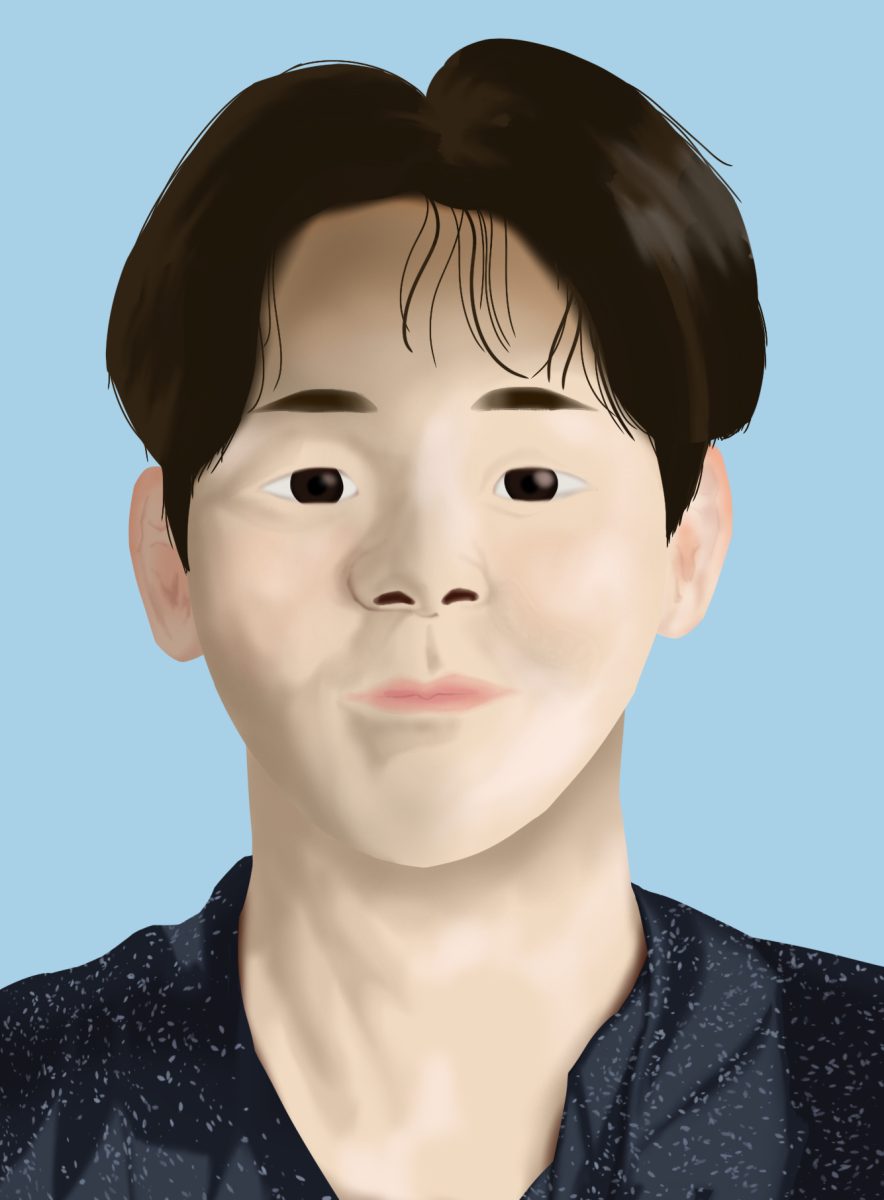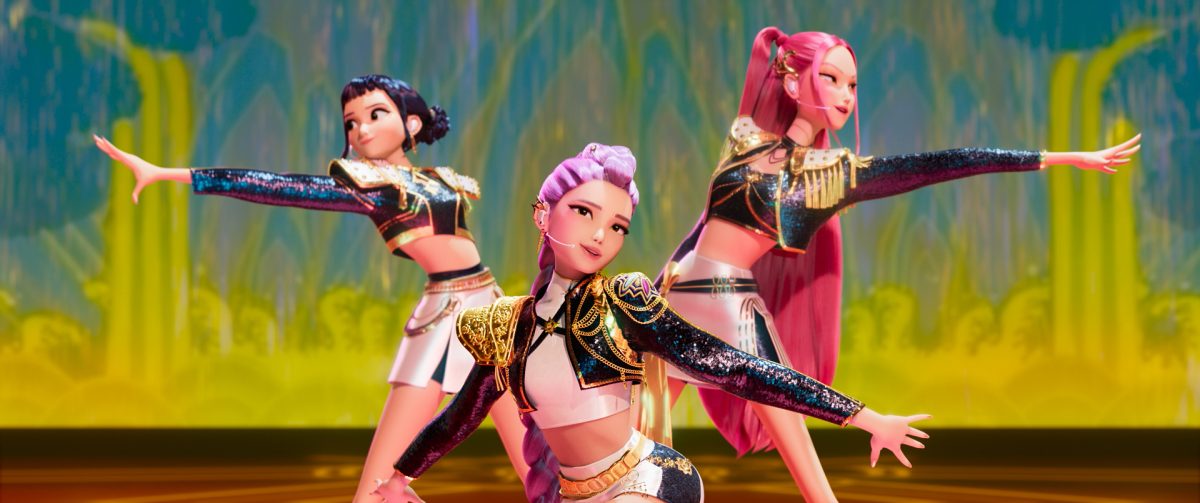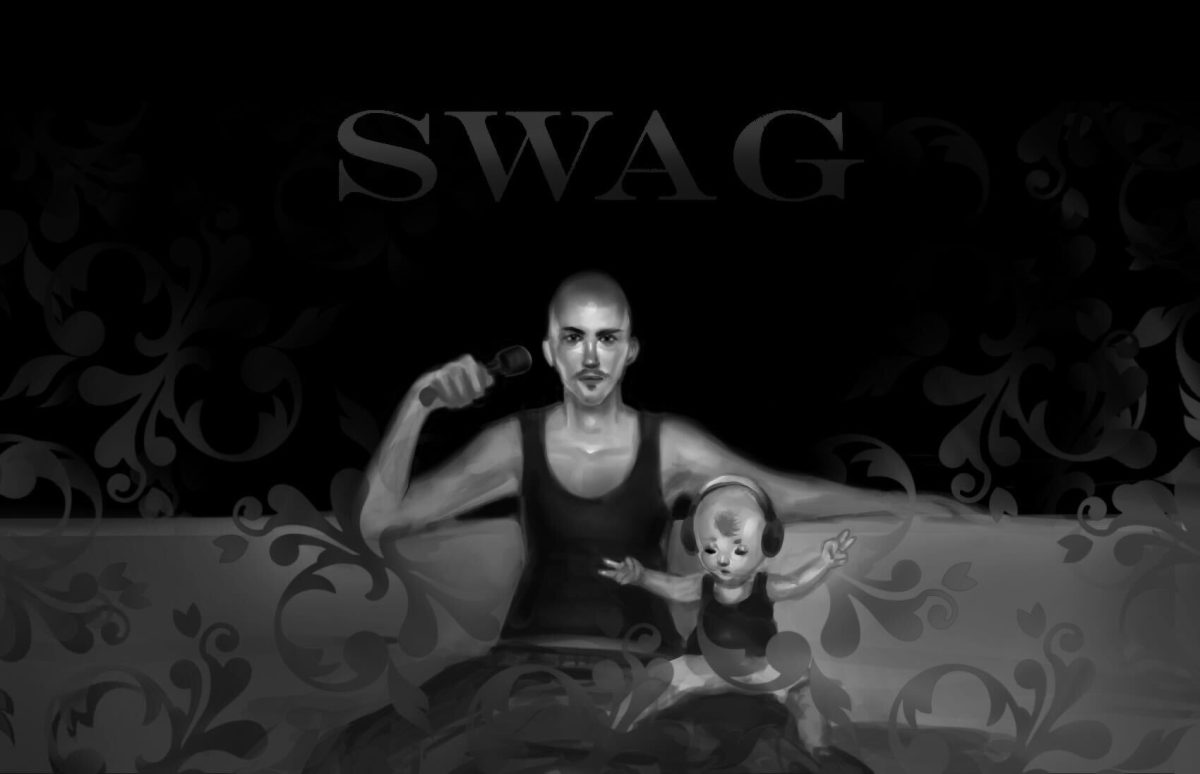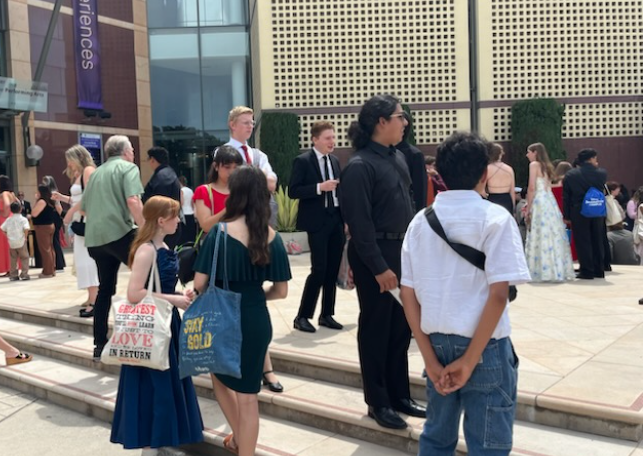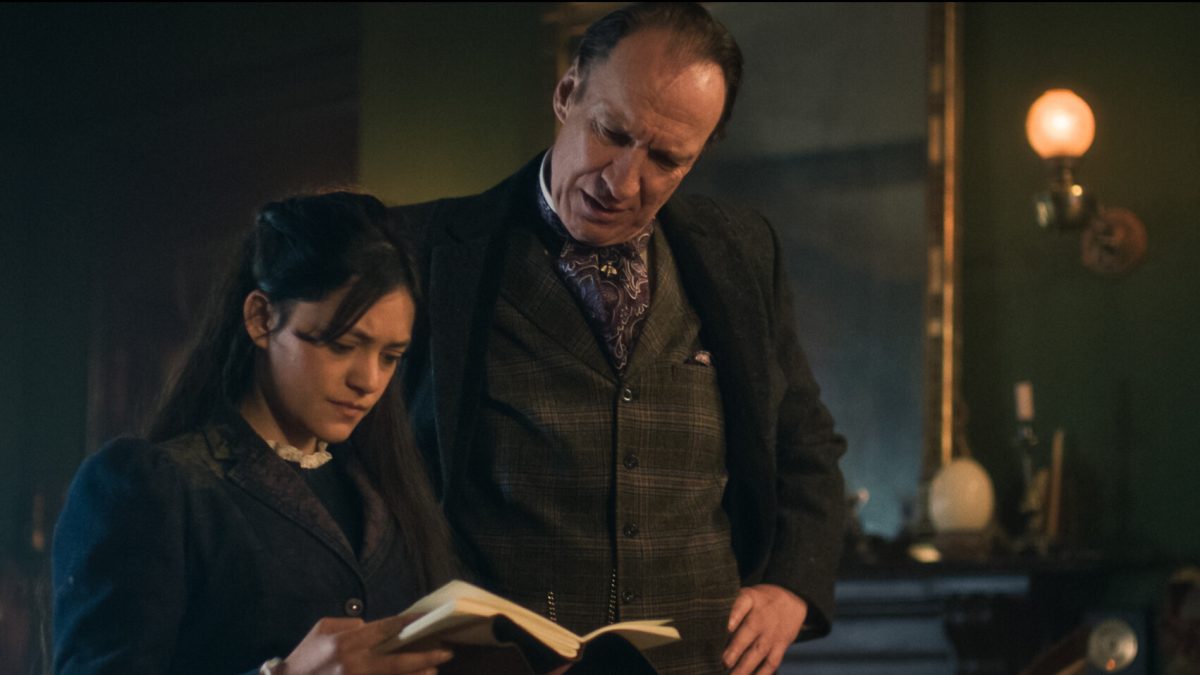Six.
That is the number of female justices out of the 115 who have served on the U.S. Supreme Court. However, in “Girls State” — a mock version of the government — every single justice is a woman, making this premise worth viewing, especially as it directly reveals the flaws of society and promotes the importance of women’s empowerment.
In the one-hour, 35-minute documentary, directors Amanda McBaine and Jesse Moss gather young female leaders from all across Missouri for a week-long immersive experiment to build and establish a government from scratch in hopes of addressing current world issues. Streaming on Apple TV, McBaine and Moss’ work zooms in on political ambitions, camaraderie and the challenges of leadership within the program.
Even though the purpose of the “Girls State” immersive experiment is to combat gender disparity, the participants must follow specific dress codes, like wearing cover-ups when they are outside. On top of that, the 2020-released “Boys State,” a male version of “Girls State,” receives $400,000 more in funds, suggesting that the organization prioritizes the goals of the males.
Such restrictions demonstrate how these young women navigate unfairness and outdated norms while striving for a more inclusive society. This pushes the youth to make proactive moves against inequalities between males and females, the type of awareness and mindset needed in hopes of a more equal community.
In addition, the documentary is a constant reminder of the value of women’s empowerment. Two women, Brooke Taylor and Nisha Murali, debate controversies before seven robed justices. One example is Roe v. Wade, in which the Supreme Court protected abortion as a fundamental right on Jan. 22, 1973; then in June 2022, a new group on the bench reversed that rulingn and sent the issue back to each state to decide.
Taylor and Murali tackle such complex issues as the abortion controversy with maturity beyond their years. Their intelligence, eloquence and sheer determination during this mock trial prove that women are just as capable as men in facing real-world problems, displaying the massive potential that these individuals exhibit.
Compared to the previous film, “Girls State” has resonated far more because it defies gender disparities. Considering that not a single woman has been elected U.S. president, a female-dominated government is evidently significantly less likely than a male-dominated one.
This documentary touches on such political inequality by highlighting the challenges young women face in politics, such as underfunding, lack of being taken seriously compared to boys’ programs and feeling inferior as a result of restrictive dress codes.
For example, conservative St. Louis teenager Emily Worthmore runs for governor alongside Faith Glasgow and Cecilia Bartin. Although Worthmore does not achieve her original goals with Bartin’s victory, the “Girls State” program enables her to not only publish an article voicing her opinion on gender inequalities between programs that are meant to extinguish such disparities, but also express her conservative beliefs to other individuals her age.
By highlighting the resilience, intelligence and potential of the next generation of female leaders, “Girls State” — released April 5 — leaves a lasting impact on viewers from Gen Zers on up. It truly is eye opening and proves girls can play pivotal roles in shaping society.



